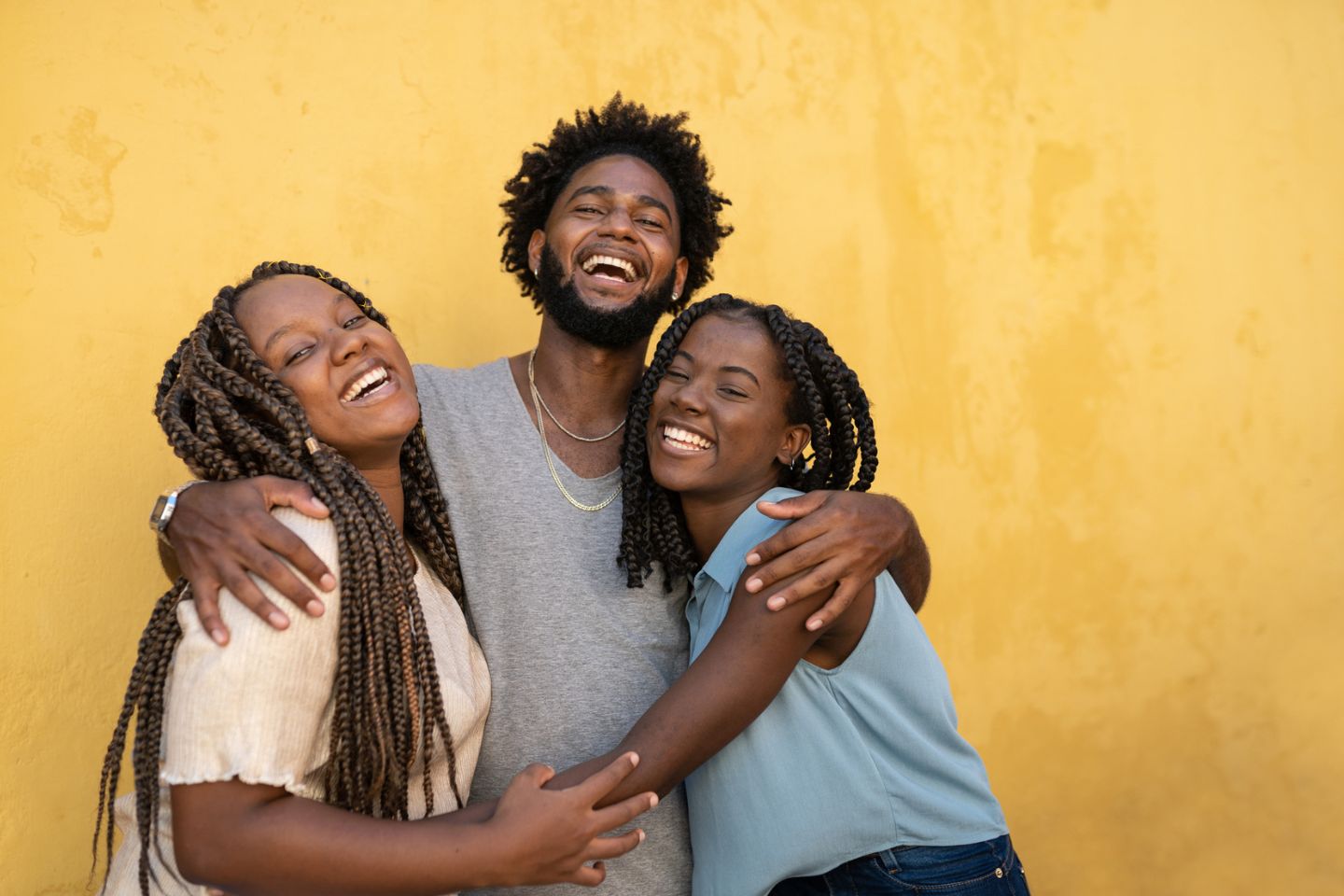In the intricate tapestry of global cultures, Brazil stands as the country with the largest Afro-descendant population outside Africa. This distinction is deeply rooted in the complex history of the transatlantic slave trade, which has significantly shaped Brazil’s identity.
From the historic streets of Salvador to the metropolis of São Paulo, these major cities vividly reflect the dynamic influence of African heritage on Brazil’s music, spirituality, and daily life. Here are the Blackest cities in Brazil you should have on your bucket travel list.
Salvador: The Heart of Afro-Brazilian Culture
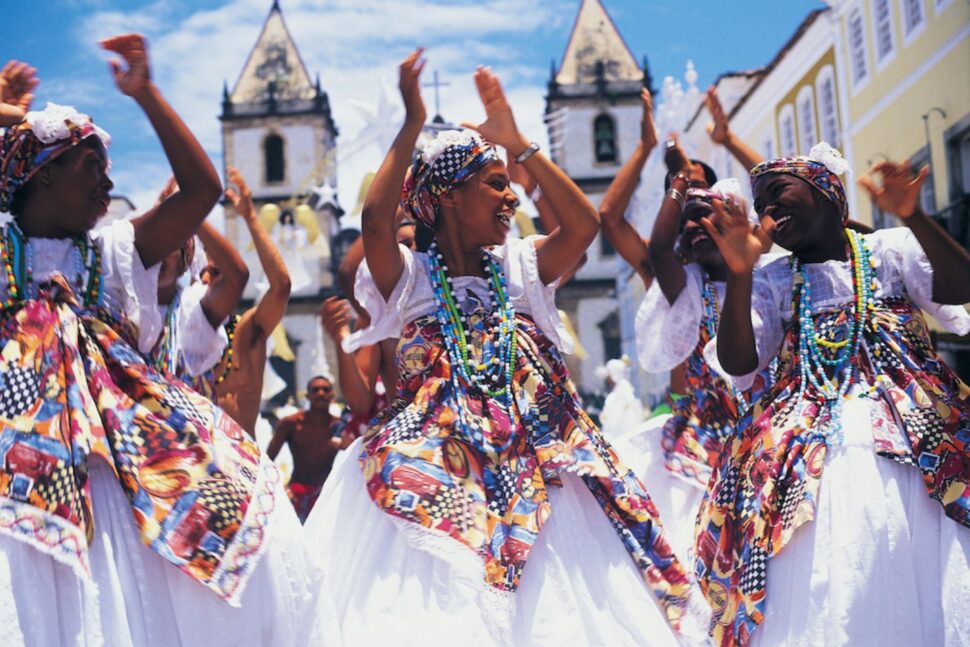
Salvador, the pulsating heart of Afro-Brazilian culture, stands as a living testament to Brazil’s rich historical tapestry. With its roots deeply embedded in the African diaspora, Salvador showcases a dynamic blend of traditions, music, and religious practices. The Pelourinho district is a kaleidoscope of colonial architecture and vibrant colors. The city serves as the cultural epicenter of Black culture in the Americas. It echoes with the rhythms of Afro-Brazilian music, notably the mesmerizing beats of the berimbau. The city’s devotion to Candomblé, an Afro-Brazilian religious practice, further cements its cultural significance.
Rio de Janeiro: A Melting Pot of Diversity in Brazil
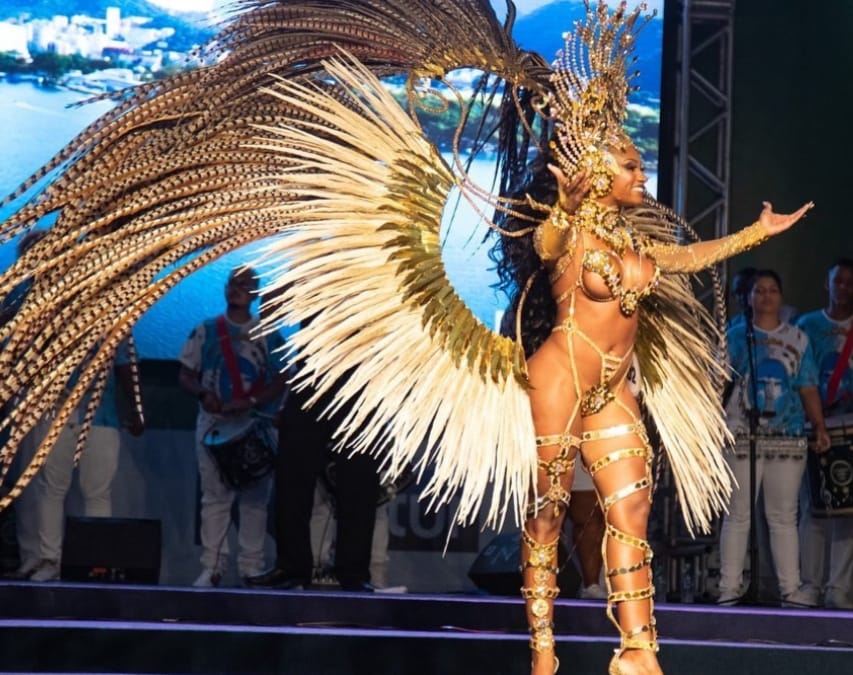
Rio de Janeiro, famed for its breathtaking landscapes and vibrant energy, embodies the diversity that defines Brazil. Its Afro-Brazilian community has played an integral role in shaping the city’s identity. There’s even a Little Africa quarter in Rio’s downtown where visitors can explore. Samba schools like Mangueira and Portela, with roots deep in Afro-Brazilian traditions, take center stage during the world-renowned Carnival. This party is a spectacular showcase of Brazil’s multicultural spirit. Beyond the festivities, neighborhoods like Madureira exemplify Rio’s commitment to preserving and celebrating Afro-Brazilian heritage through music, dance, and community events.
São Luís: The African Heritage in Northeast Brazil
São Luís, nestled in the northeastern state of Maranhão, unveils the profound African heritage that permeates its cultural landscape. This city is a captivating blend of indigenous, African, and Portuguese influences, reflected in its vibrant music, dance, and festivals. The Bumba Meu Boi festival, a dazzling extravaganza, encapsulates the city’s commitment to preserving and promoting its unique cultural fusion. The rhythm of Tambor de Crioula, an Afro-Brazilian dance form, resonates through the streets, showcasing the enduring legacy of African traditions.
Belo Horizonte: Nurturing Afro-Brazilian Arts
Belo Horizonte, the bustling capital of Minas Gerais, not only thrives as an economic powerhouse but also stands as a nurturing ground for Afro-Brazilian arts. The city embraces a multitude of cultural events and initiatives that celebrate Afro-Brazilian music, dance, and literature. From the soul-stirring beats of traditional percussion instruments to contemporary expressions of Afro-Brazilian identity, Belo Horizonte fosters an inclusive cultural scene that resonates with the rich tapestry of Brazil’s heritage.
São Paulo: Brazil’s Cosmopolitan Melting Pot
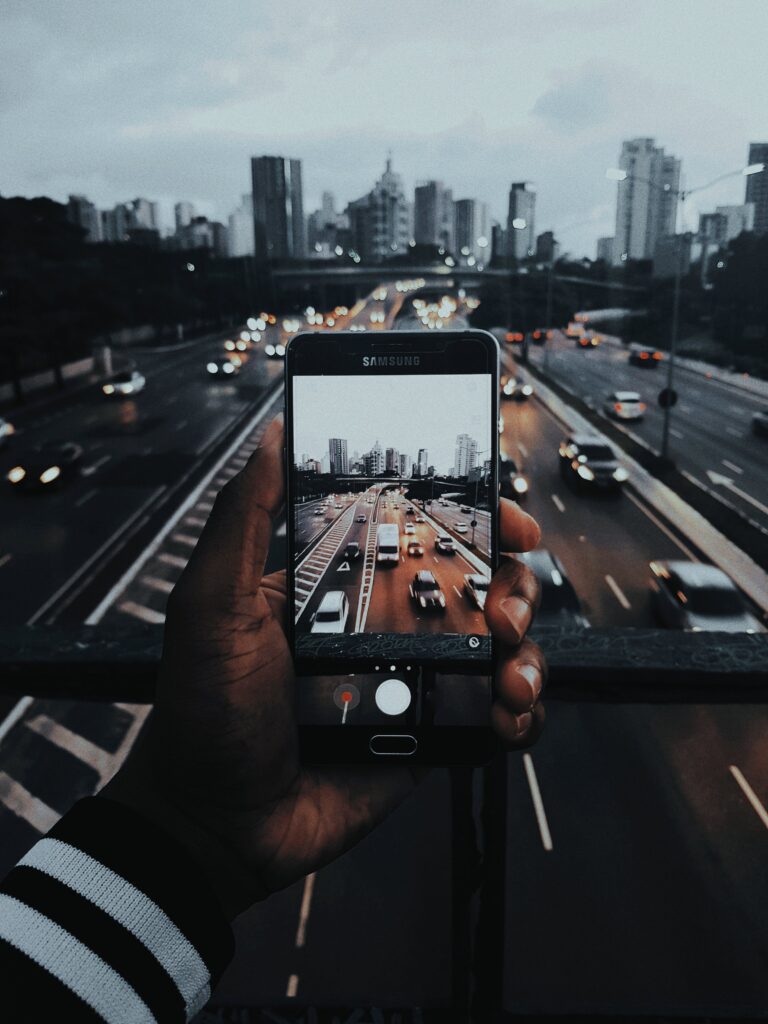
São Paulo, as Brazil’s sprawling metropolis and economic hub, mirrors the nation’s demographic diversity. Its Afro-Brazilian population contributes significantly to the city’s cosmopolitan character. This is evident in the culinary delights, music, and cultural events that shape its lively streets. Afro-Brazilian influence is palpable in the sounds of samba. Visitors can taste the flavors of Bahian cuisine and savor the rhythm of Afrobeat echoing through neighborhoods like Bixiga. This melting pot of culture helps to create a mosaic that defines Brazil’s unity in diversity.
Maceió: Afro-Brazilian Influences on the Coast
Maceió is a city where the spirit of Afro-Brazilian traditions mingles with the rhythm of the sea. The city’s picturesque beaches serve as a backdrop to vibrant festivals. One festival of note includes the Festa de Iemanjá, where locals pay homage to the Afro-Brazilian deity of the sea. Maceió’s cultural identity is intertwined with the cadence of traditional music, the colors of Afro-Brazilian art, and the warmth of its people, creating a coastal haven that celebrates the heritage of Brazil’s African roots.
Recife: A Cradle of Afro-Brazilian Arts
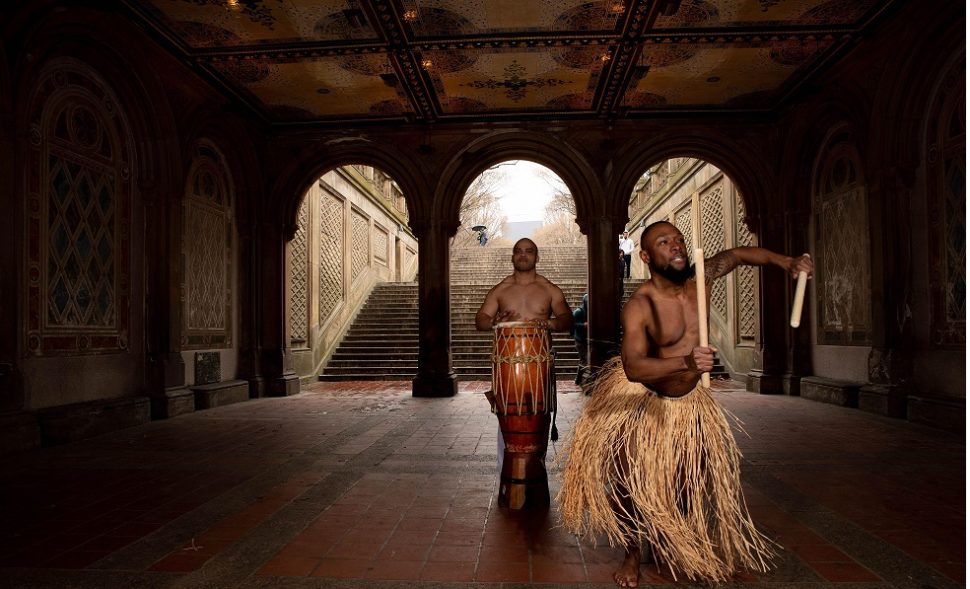
Recife, known as the “Venice of Brazil,” is a cradle of Afro-Brazilian arts, where the vibrant beats of Maracatu echo through the streets, especially during Carnival celebrations. The city’s cultural scene is a kaleidoscope of influences, from the rhythmic sounds of Frevo to the spiritual traditions of Candomblé. The Afro-Brazilian legacy is deeply ingrained in Recife’s identity, shaping its festivals, music, and artistic expressions, making it a compelling destination for those seeking an immersive experience in Brazil’s cultural tapestry.
Vitória: Afro-Brazilian Presence in the Southeast
Vitória, the picturesque capital of Espírito Santo, carries an understated yet significant Afro-Brazilian presence. The city’s cultural events and festivals provide glimpses into the diversity and richness of Afro-Brazilian traditions. Whether through traditional dance forms, culinary delights, or spiritual practices, Vitória pays homage to its African roots. The city contributes to the overall cultural mosaic of the Southeast region. The city’s serene landscapes provide a backdrop for cultural exploration, inviting locals and visitors to immerse themselves in the tapestry of Afro-Brazilian heritage.
Aracaju: Afro-Brazilian Influences in the Northeast
Aracaju, in the northeastern state of Sergipe, embraces its Afro-Brazilian influences with pride. The city’s cultural scene, marked by traditional dance forms, religious festivities, and street celebrations, showcases the enduring legacy of African heritage in Brazil. Aracaju’s commitment to preserving and promoting Afro-Brazilian culture is evident in its festivals, where the rhythmic beats of atabaques and the colorful expressions of folklore come together to create a captivating cultural experience. Aracaju adds another layer to Brazil’s cultural narrative, inviting all to celebrate its rich roots.
